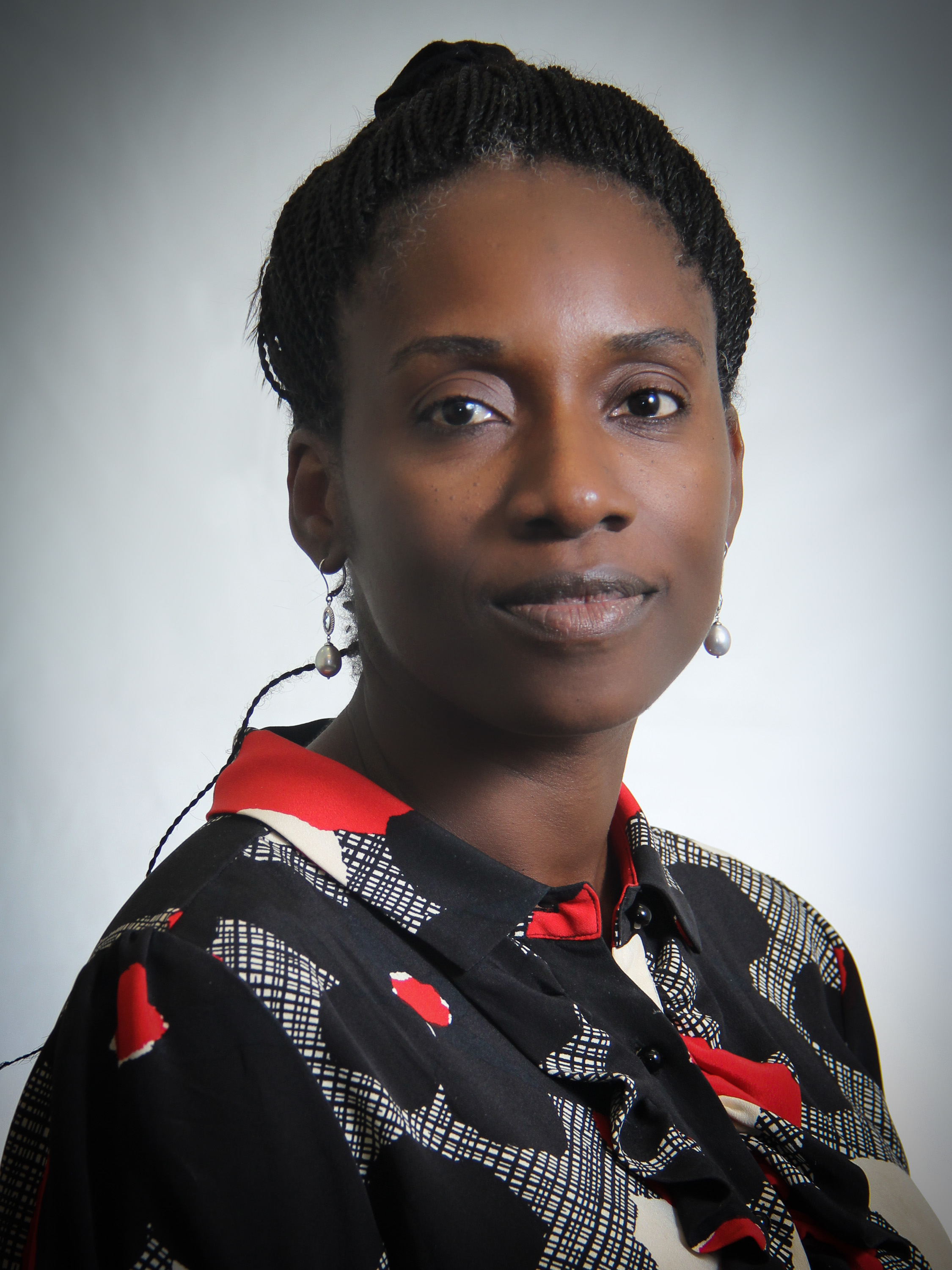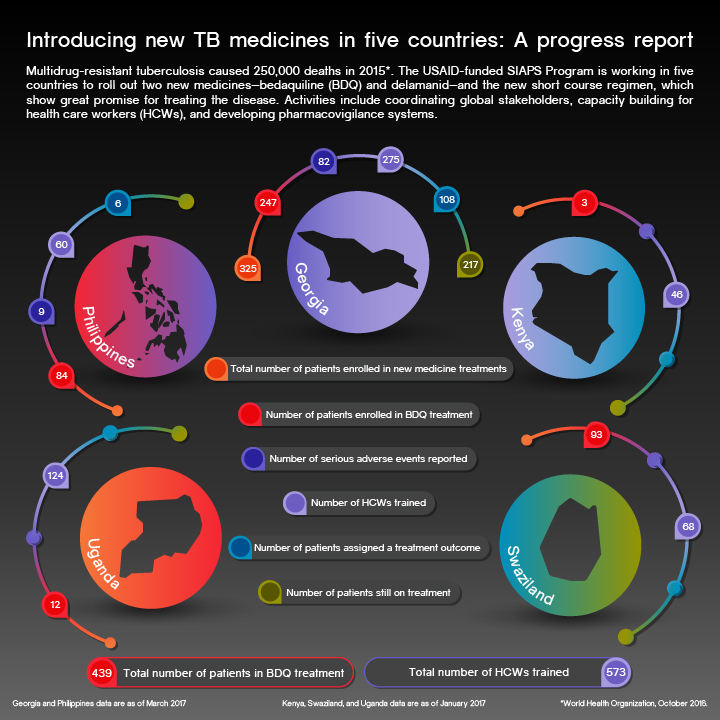The Philippines has one of the highest TB burdens in the world—and 2.6% of its more than 286,000 new cases in 2015 were of multi-drug-resistant TB (MDR-TB). This threatens the progress the country has made in addressing the deadly disease over the past few decades and its goal to make the country TB-free by 2030. … Read more
Archive Featured
SIAPS Voices: Working for improved access to HIV treatment in Namibia
A Q&A with Greatjoy Mazibuko, SIAPS Senior Technical Manager in Namibia You’re working in Namibia, which has one of the highest prevalence rates of HIV in the world. How does this affect life in the country? The prevalence of HIV infection stood at 17.2% in 2016, which is relatively high for sub-Saharan Africa, but it’s … Read more
A Rebirth of Sierra Leone’s Pharmaceutical System
When the World Health Organization declared the Ebola epidemic over on November 7, 2015, about 40% of the 8,704 people infected had died. The country’s health system, or what was left of it after a decade of civil war that ended in 2002, was ailing, too. Some health workers had become ill or left, leaving … Read more
Rebuilding Sierra Leone’s pharmaceutical system post-Ebola
An interview with Murtada Sesay, country project director in Sierra Leone. SIAPS is working on a two-year project funded by USAID to help rebuild and strengthen the country’s pharmaceutical system following the Ebola epidemic. What’s SIAPS doing in Sierra Leone? Our systems strengthening project there was a consequence, not only of the more recent Ebola, … Read more
What’s the ROI on investing in health systems?
By Francis (Kofi) Aboagye-Nyame, SIAPS Director You can’t put a price tag on health, but we do have budgets that determine what we can spend to help countries improve theirs. At SIAPS, that means we need to look closely at the impact each dollar we spend has on achieving our goal: strengthening the management of … Read more
SIAPS Voices Q&A: Can we vanquish malaria for good?

An interview with Andwele Mwansasu, MD, SIAPS Senior Technical Advisor What innovations in fighting malaria over the past five years have particular promise? Has there been a watershed moment? With decreasing malaria burden all over the world, a lot has been happening in the malaria world to sustain these gains. Countries are able to detect … Read more
Institutionalizing Robust Quantification Processes and Tools within Guinea’s National Malaria Control Program
By Claude Bahati, Deputy Country Project Director, SIAPS, Guinea Accurate quantification for malaria programs, which involves forecasting the quantities needed and planning for the procurement of appropriate pharmaceuticals and supplies, is essential to ensuring that patients receive a continuous supply of commodities. The US Agency for International Development (USAID)-funded Systems for Improved Access to Pharmaceuticals … Read more
Improving patient safety and building stronger health systems in Georgia
TB patients on second-line treatment experience a significant number of adverse effects. Some TB medicines result in adverse effects that, if not continuously monitored, can become serious and/or permanent and may hinder patient adherence to treatment. A number of other risk factors can also impact the safety of patients taking TB medicines, including drug interactions … Read more
Introducing new TB medicines in five countries

Click on graphic to open larger version.
IT solution for pharmacovigilance supports rational use of quality, safe, and effective medicines
An online system for monitoring and reporting cases of adverse drug reactions and lack of efficacy of medicines comprehensively addresses the need for improved access to quality, safe, and effective medicines. “The evaluation and analysis of PAIS system in Ukraine has brought out gaps and identified recommendations on operational PAIS system optimization and enhancing its … Read more


